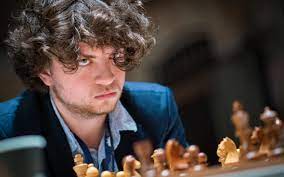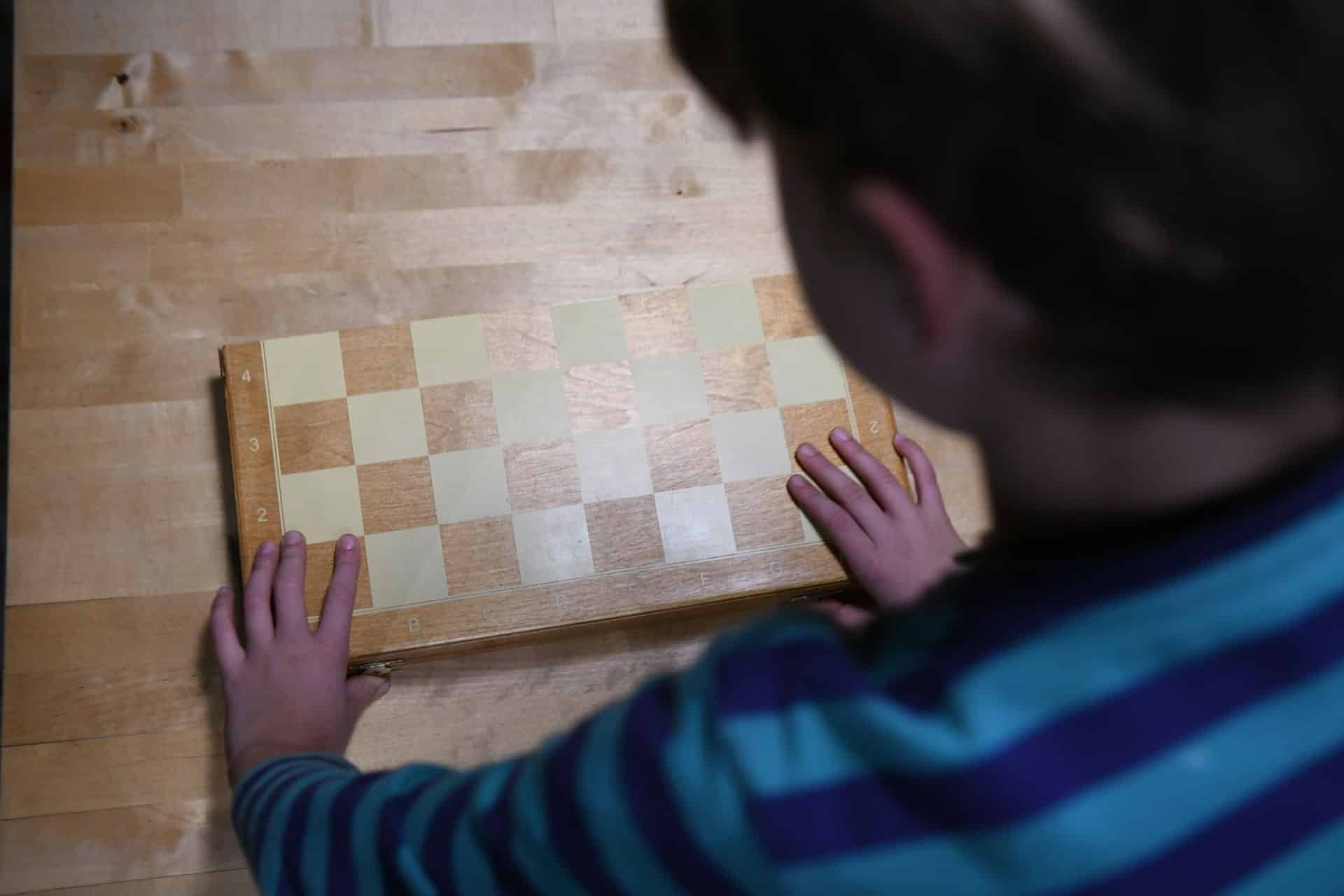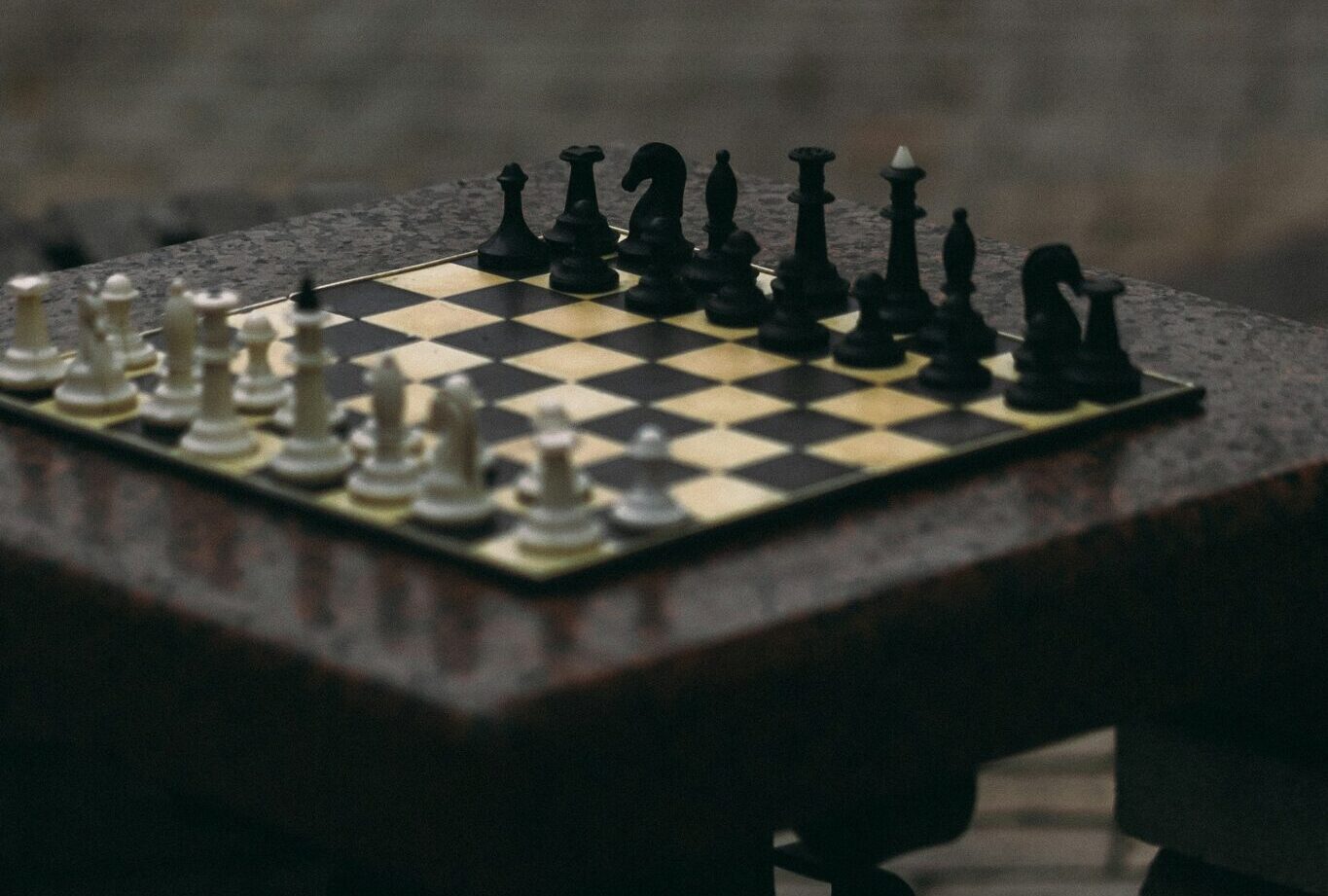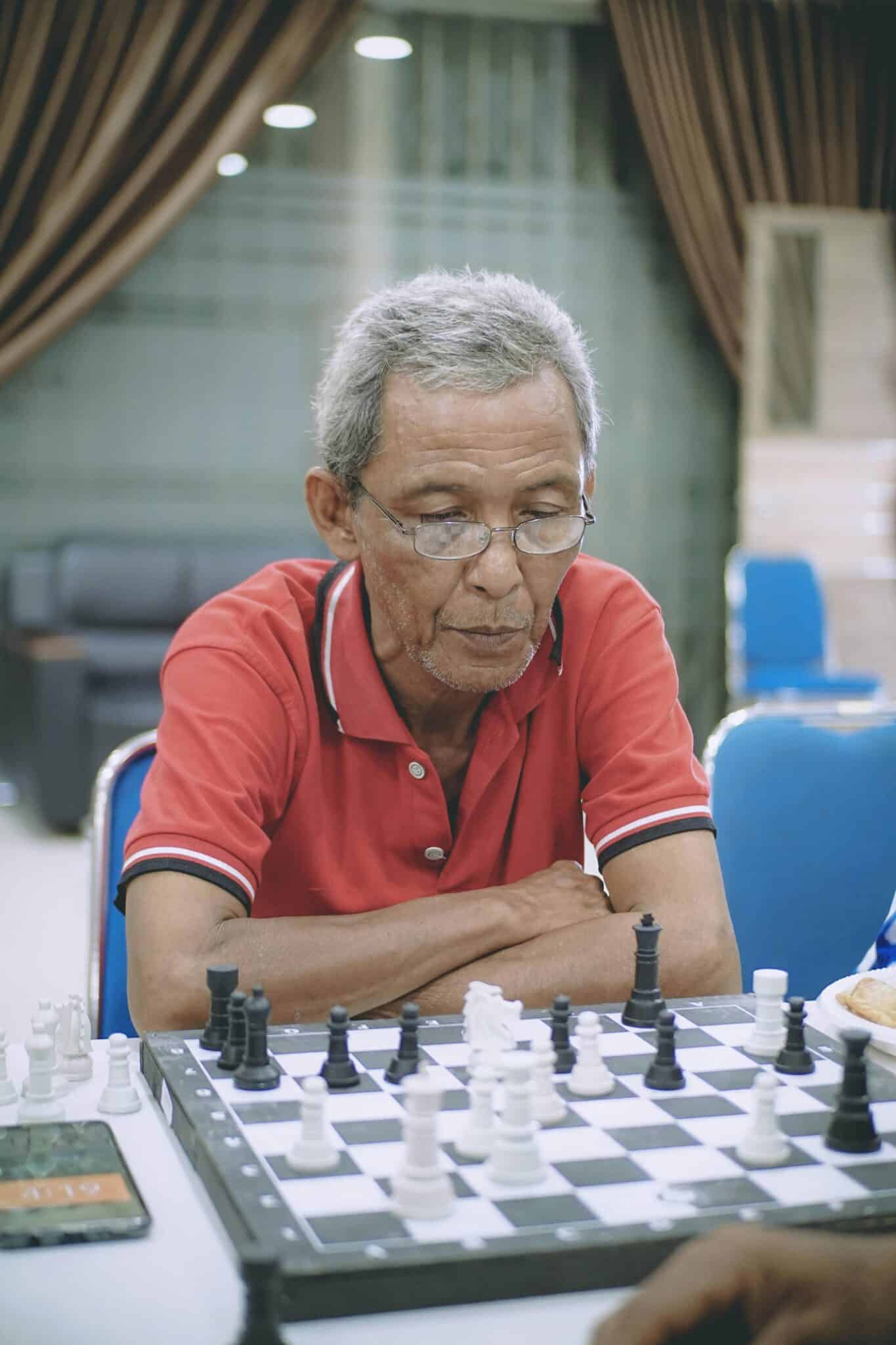Cheating chess players are becoming increasingly common. It is an activity that affects not only the players but also the entire chess community, as it tarnishes the game's reputation. This article will discuss the various methods of cheating employed by players, the consequences of being caught cheating, and the ways to prevent it from happening.
Table of Contents
Cheating chess players
Cheating chess players can take many forms, from minor infractions like consulting a chess engine to more serious violations like bribing an opponent. Players may also use physical objects to cheat, such as wearing special glasses, or hiding a chessboard in their pockets. Furthermore, some players try to gain an advantage by receiving help from spectators.
Cheating chess players risk severe penalties, including fines, suspension, or even a permanent ban from sanctioned tournaments. Cheaters may also face public humiliation and damage to their reputation, as the chess community is quick to condemn such behavior.
Fortunately, there are many ways to prevent Cheating chess players. Tournament organizers should enforce strict rules and monitor players closely. Players should also be made aware of the consequences of cheating, and the importance of playing fair. Finally, everyone in the chess community should strive to preserve the game's integrity.
Cheating chess players in chess has been a problem since the early days of the game. Chess players have been known to use various illicit methods to gain an advantage. These can include:
• Collusion between players, where two or more players cooperate to help one of them win
• Use of computer programs to analyze and play moves
• Analysis of other players' games to identify patterns and weaknesses
• Quickly and secretly consulting a database of moves
• Exchange of pieces between two players
• Forging or altering pieces to gain advantage
• Revealing a player's hand to another
• Deception in the form of distracting, intimidating or false statements

Cheating chess players is not tolerated and can result in disqualification, suspension or bans from tournaments. Players are encouraged to be vigilant and report possible cheating to tournament organizers. Furthermore, chess federations have implemented various anti-cheating mechanisms, such as requiring players to keep their hands on the table and banning electronic devices.
Who was cheating in chess?
Cheating chess players has been going on for years, but it has become much more prevalent in the past decade or so. In the world of competitive chess, cheating scandals have occurred at all levels, from professional tournaments to amateur matches.
The most common form of Cheating chess players is the use of computer programs to provide players with an unfair advantage. This includes software that can analyze the game in real-time and provide moves that are not available to the human player. In some cases, players have even been caught communicating with outside sources to gain an advantage. Other forms of cheating include bribing an opponent, using illegal moves, and even colluding with an opponent.
At the highest levels, players can face severe consequences for cheating. Professional players have been banned from tournaments and had their titles revoked. Some organizations even have anti-cheating regulations that can result in fines and suspensions. Additionally, some tournaments have instituted measures such as using physical boards to prevent cheating.
Cheating chess players is a serious problem, but it is important to remember that the vast majority of players are honest and adhere to the rules of the game. It is up to tournament organizers and players to take the necessary steps to ensure fair play and prevent cheating.
Who was accused of cheating in chess?
In 2003, International Grandmaster Gaioz Nigalidze was accused of cheating in chess. He was caught using a mobile device hidden in the bathroom to access a chess program in order to win a game. He was found guilty and banned from playing chess for three years.
More recently, in 2019, the world champion in chess, Magnus Carlsen, accused his opponent, Iranian player Alireza Firouzja, of cheating. It was suspected that Firouzja was using a computer program to help him play. The accusation was made during the FIDE Chess.com Grand Swiss tournament, but it was never proven.
In 2018, the world number one chess player, Hou Yifan, was accused of cheating during the World Rapid and Blitz Chess Championship. She was accused of receiving outside help from her coach. Yifan denied the allegations, but the tournament organizers still disqualified her from the tournament.
In 2017, Spanish Grandmaster David Martinez was accused of cheating during a tournament in Gibraltar. It was alleged that he used a smartphone and a chess engine to help him win his games. He was fined and also received a three-year suspension from playing chess.
Cheating in chess is not a new phenomenon and will likely continue to be a problem in the future. Players need to be aware of the consequences of cheating and take measures to ensure that they are playing fair and honest chess.
How common are cheaters in chess?
Cheating chess players is not as common as one might think. It is important to note that most chess tournaments are organized in such a way as to minimize the chances of cheating. However, there have been instances where some players have attempted to gain an unfair advantage. Here are some of the more common methods of cheating:
- Assistance from a third party: This is when a player has someone else helping them by providing advice or input during the game.
- Using a computer to analyze games: This is when a player uses a computer program to analyze their games in order to gain an advantage.
- Agreeing to draw or lose the game: This is when two players agree to draw or lose the game in order to manipulate the tournament standings.
Cheating chess players is not a widespread problem in chess, but it still exists. Players should be aware of the potential for cheating and should always be vigilant in ensuring fair play. Most chess organizations have rules in place to prevent and punish cheating, so it is important to familiarize yourself with the rules of the tournament you are participating in.
Are there cheaters in chess?
Chess is a game that requires a lot of concentration and skill, and as with any game, there are always people who try to cheat. Although there have been cases of cheating in chess, this is not a widespread problem. Most players follow the rules, and cheating is usually detected and punished.
Players can cheat in various ways. For example, they can use computers or other outside help to gain an unfair advantage. They can also use physical objects, such as magnets, to manipulate the pieces on the board. Cheaters can also try to deceive their opponents by pretending to make a move, or by using signals to communicate with their partner.
Cheating in chess is taken very seriously, and players who are caught are subject to penalties such as fines, suspension, or even expulsion from the sport. To prevent cheating, tournaments have strict rules and regulations, and any suspicious activity is closely monitored. Additionally, most tournaments have anti-cheating software in place to detect any potential cheating.
In conclusion, cheating in chess is not a widespread problem, but it does exist. Players who are caught cheating can face serious consequences, and tournaments have strict rules and regulations to prevent cheating.
Cheating chess players have been a growing problem in recent years. The act of cheating can be motivated by different reasons such as:
- Winning at any cost
- Gaining an unfair advantage
- Improving their reputation
It is important to stay vigilant and take measures to detect and prevent cheating. The chess community must stay united to ensure the integrity of the game.
Cheaters must be punished and those who are caught should be banned from tournaments and other chess events.
Chess is a wonderful game and it should be enjoyed fairly and with respect for the rules.
If you liked this post about cheating chess players you should read about Chess Cheater.






